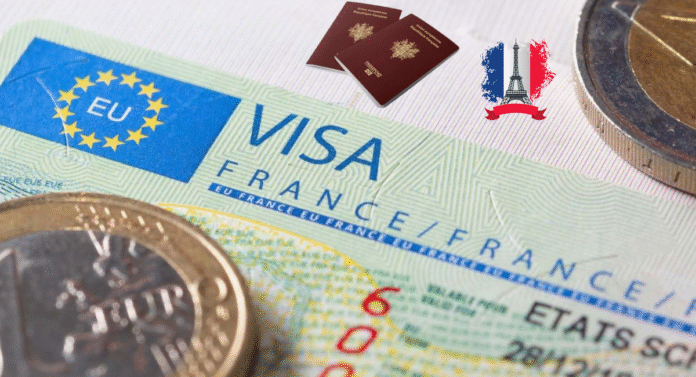France needs 310000 foreign workers annually by 2040 to sustain its economy, according to a recent study by French think tank Terra Nova. The key reason is their aging population and declining local workforce participation. Some news reports that in 2022, France welcomed about 331,000 immigrants with the expectation of remaining steady or even growing to meet high demand in the labor market in coming years.
Labor immigration is a necessity, not just a policy decision. Employers in sectors like healthcare, construction, cleaning and agriculture are facing difficulties in finding local workers. But foreign workers are filling these gaps. In the Île-de-France region, including Paris, 61% of workers in the healthcare sector are foreign nationals, and around 20% of doctors in public institutions graduated from overseas.
Similarly, both the agriculture and construction sectors are facing persistent shortages, particularly for seasonal work and manual labor, which is forcing the government to keep depending on immigrant labor to keep operations running. Moreover, the cleaning industry remains an important but underappreciated area where foreign workers play a big role in keeping cities and public areas functional.
High-Demand Jobs For Foreign Workers
Statistics above indicate that France offers potential opportunities for foreign workers looking for employment in these high-demand sectors to maintain the country’s essential services and economic stability.
Healthcare:
- Roles: Nurses and General Practitioners
- Salary: €30,000 to €80,000
Agriculture:
- Roles: Pickers and Harvesters
- Salary: €20,000 to €28,000
Construction:
- Roles: Electricians, Plumbersand Laborers
- Salary: €25,000 to €40,000
Tech & IT:
- Roles: Developers and Engineers
- Salary: €40,000 to €70,000
Cleaning services:
- Roles: Janitorial Staff and Housekeepers
- €18,000 to €25,000
Work Visa Options for Foreign Workers:
If you are a skilled worker and want to move to France , multiple work visa options can help you enter the job market efficiently and legally. Here are some primary visa options to explore with different specific requirements:
- Passport Talent
The multi-year and renewable residence permit visa is designed to attract highly skilled and talented individuals that can benefit the French economy. This visa demand for highly skilled professionals which includes engineers, artists, researchers, entrepreneurs and employees on intra-company transfer, offers visa validity up to 4 years and is renewable. This visa also allows you to receive residence permits for spouses and children.
- Employee Visa
This visa is generally for those who have an employment contract with a French employer. The employer usually needs to demonstrate that the position could not be filled by any local or EU (European Union) citizen and offers jobs in construction, cleaning, healthcare and hospitality sectors.
- Seasonal Work Visa
The seasonal work visa permits foreign workers to work in agriculture, hospitality and tourism in France for up to 6 months per year on a renewable basisAdditionallyly, thvisa issa valid for work during specific seasons.
- Intra-company Transfer Visa
This visa is ideal for employees transferred withimultinationalon companies and allows skilled professionals to work in a French branch for 1-3 years. This visrequired ateleastst monthsth of employment in the same companoverseases.
- EU Blue Card
The EU (European UnionBlue Cardrd works fohighlyly skilled non-Eprofessionalsls who have universityty degree or a work contract with a salary of at least 1.5 times the average annual gross wage, valid for 1 to 4 years.
- Specific Sector VisaThere
There are specific visa programs related to certain sectors, and depending on your profession example, healthcare professionals.
Public Opinion On Immigrant Workers
Public sentiment is growing more skeptical despite the country’s economic needs for immigrant labor. According to Novembe2024’s‘s CSA poll, 48% of French citizens support a policy of zero immigration, while 55% reject a zero immigration policy and 53% of women support it. The conflict between public opinion and economic necessity could shape the future of France’s immigrant policy.


